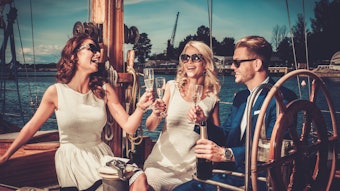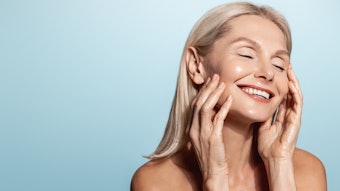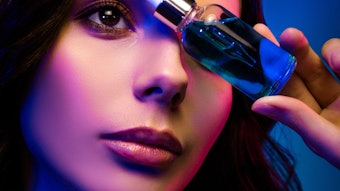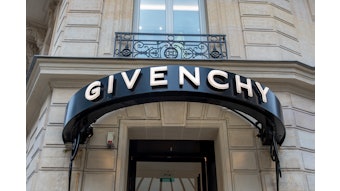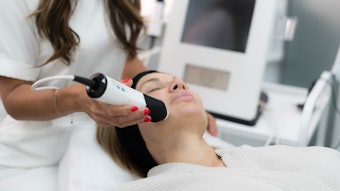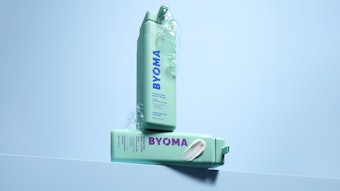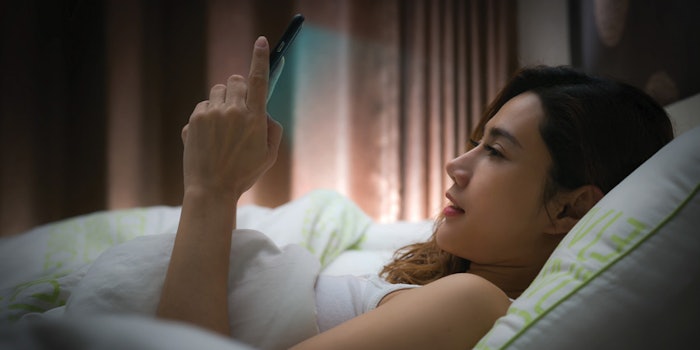
Not too long ago, human beings would go to sleep when it got dark and rest until dawn. With the advent of artificial light and industrialization, it became possible to continue engaging in various activities through the night and travel through different time zones in quick succession via air travel.
These technological advancements changed our sleep patterns, reducing the quality and quantity of sleep. Today, there is a mismatch between schedules and internal biological clocks, a phenomenon for which the term “social jet lag” has been coined.
No one is safe from regularly insufficient sleep and the effects of social jet lag. For Gen X, the line between work and personal time became blurred some years ago, and now flexible schedules and technology allow all employees and contractors to continue working from home at night.
People from all generations are now living extremely busy lifestyles in a hyperconnected world. Shift work, always-on technology, transmeridian traveling and the resulting fatigue are just the new normal.
In addition, every consumer is exposed to a myriad of electronic devices such as televisions, computers and smartphones before going to sleep. This is particularly true for iGens, who are most obsessed with mobile phones. This generation is always connected, often after midnight, and so increasingly experiences technological insomnia characterized by the delayed onset of sleep and reduced sleep time.
It has long been known that the lack of sleep negatively impacts cognitive performance and memory, among other mental functions. More recentlyj, scientific studies have revealed how lack of sleep takes its toll also on the skin. This is usually linked to a lack of moisture, a paler complexion and the development of dark circles and bags under the eyes.
Want to read the full article? Check out the September 2019 digital edition of Global Cosmetic Industry magazine.
Footnotes:
i: Sundelin T, Lekander M, Sorjonen K, Axelsson J. Negative effects of restricted sleep on facial appearance and social appeal. R Soc Open Sci. 4(5): 160918, 2017
j: Axelsson J, Sundelin T, Ingre M, Van Someren EJ et al. Beauty sleep: experimental study on the perceived health and attractiveness of sleep deprived people. BMJ. 2010 Dec 14;341:c6614. doi: 10.1136/bmj.c6614

